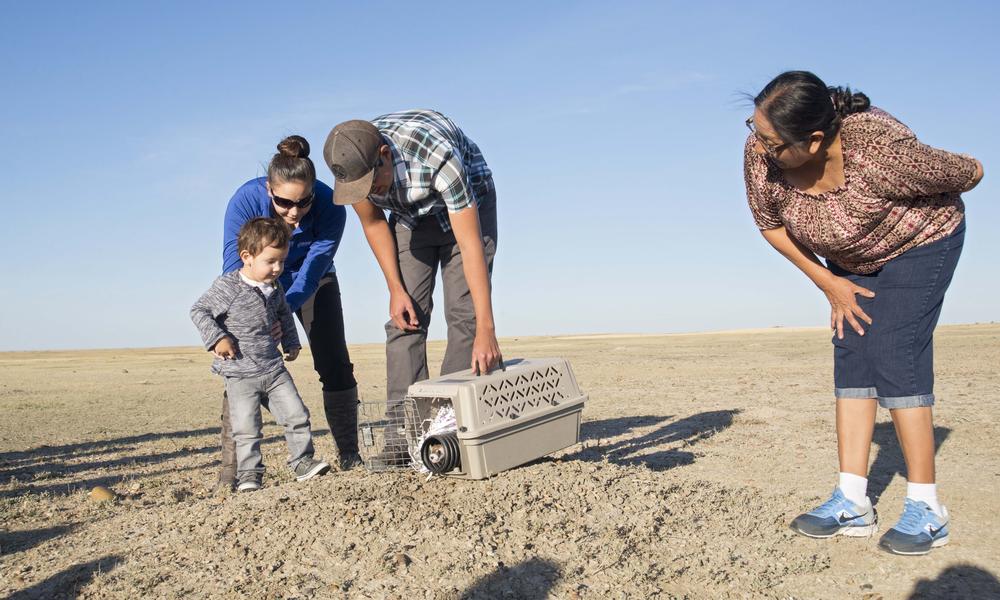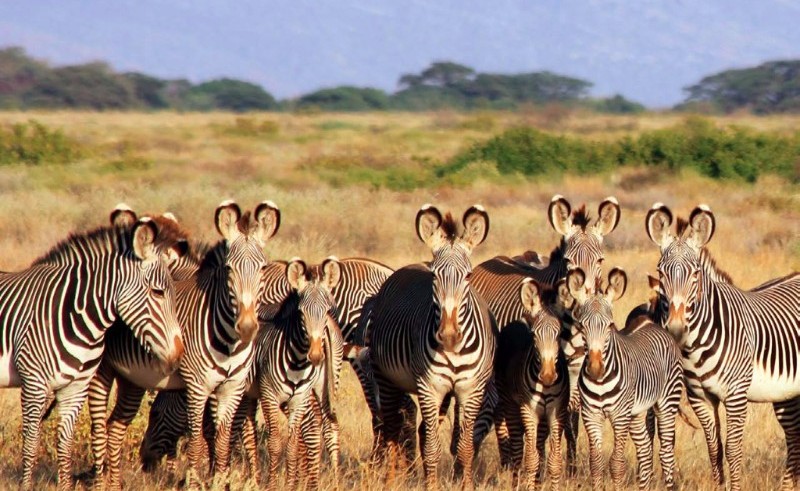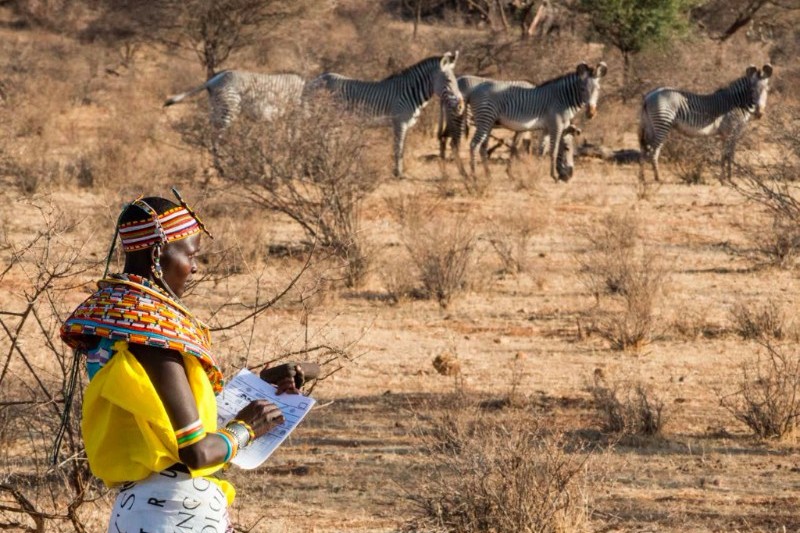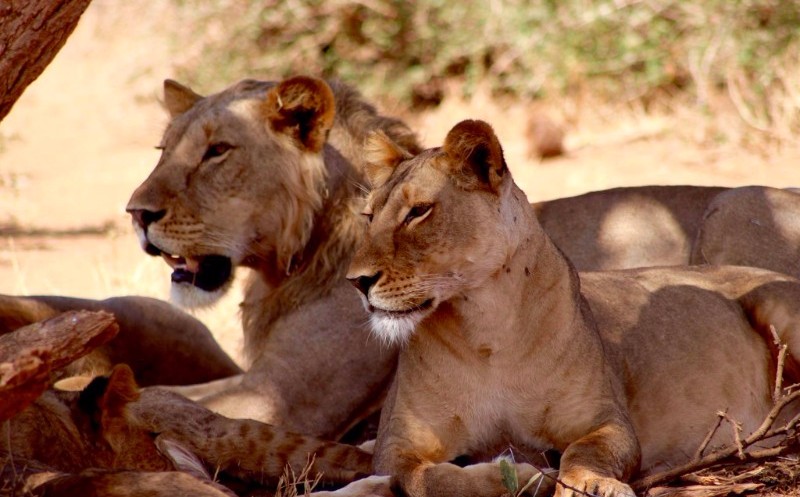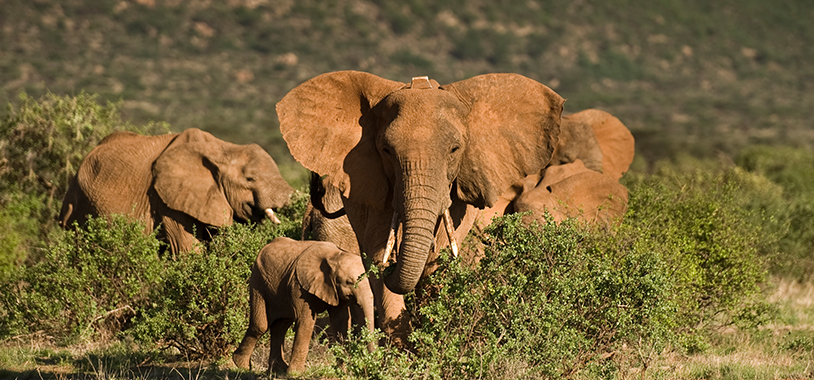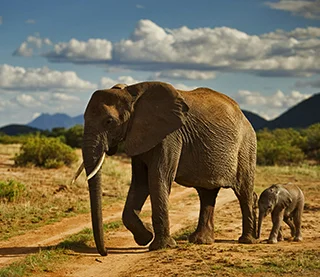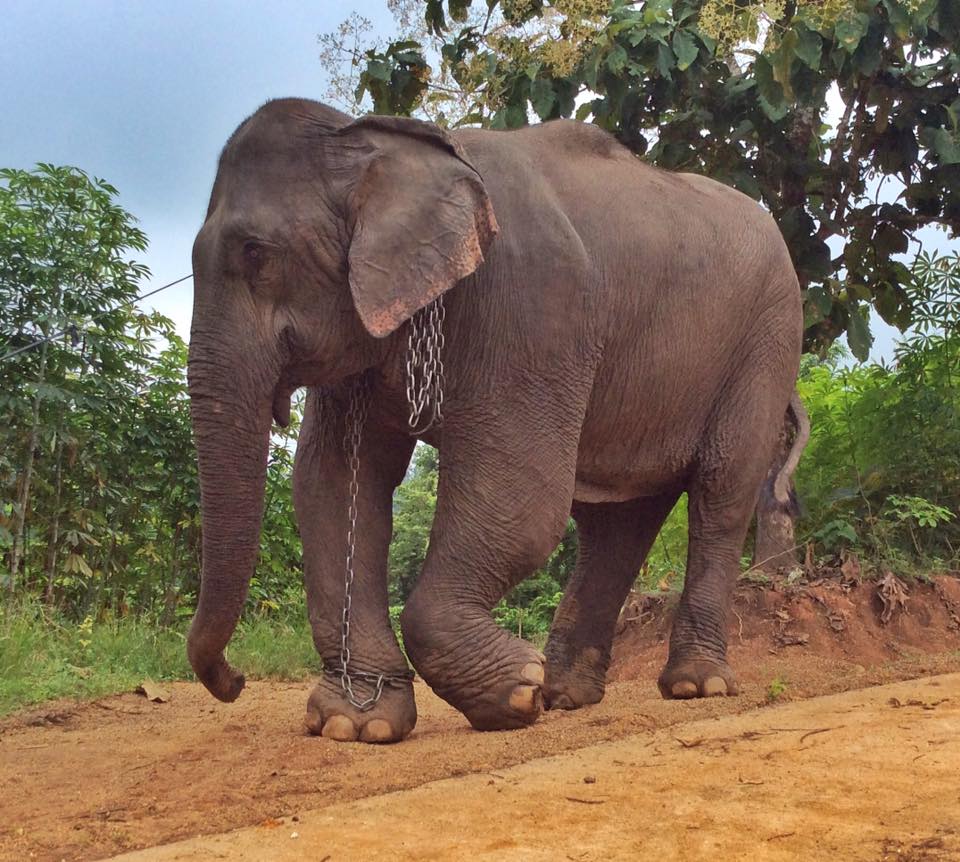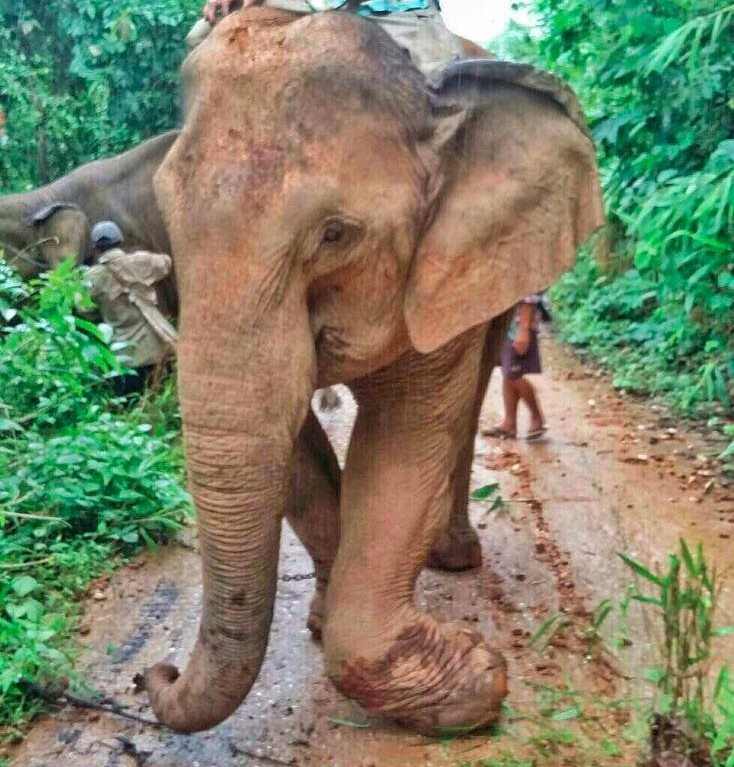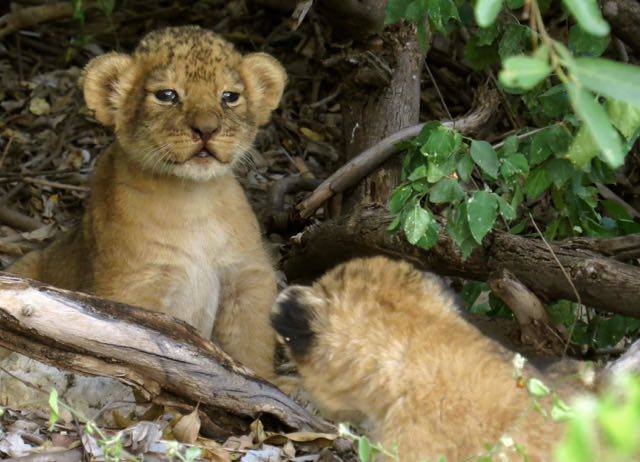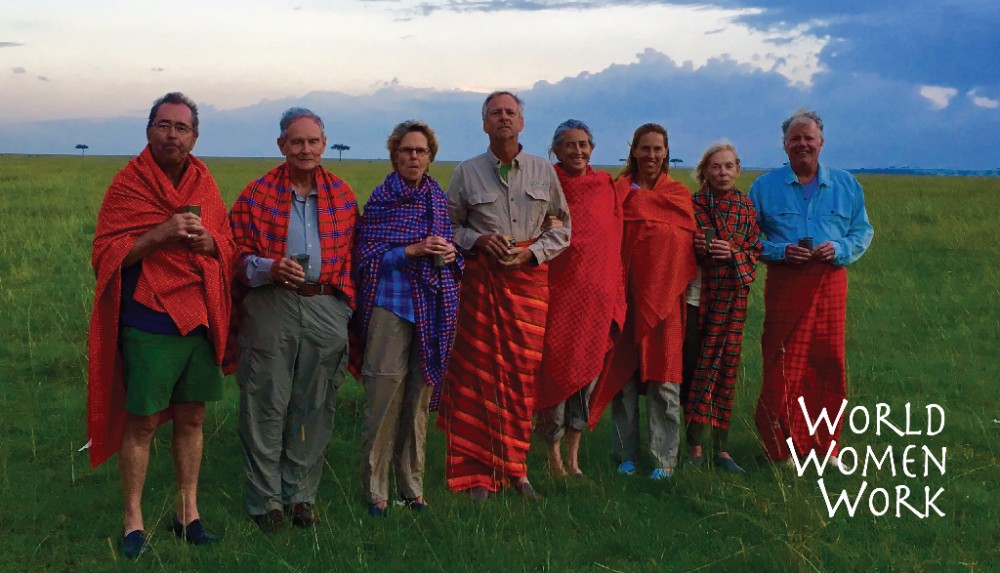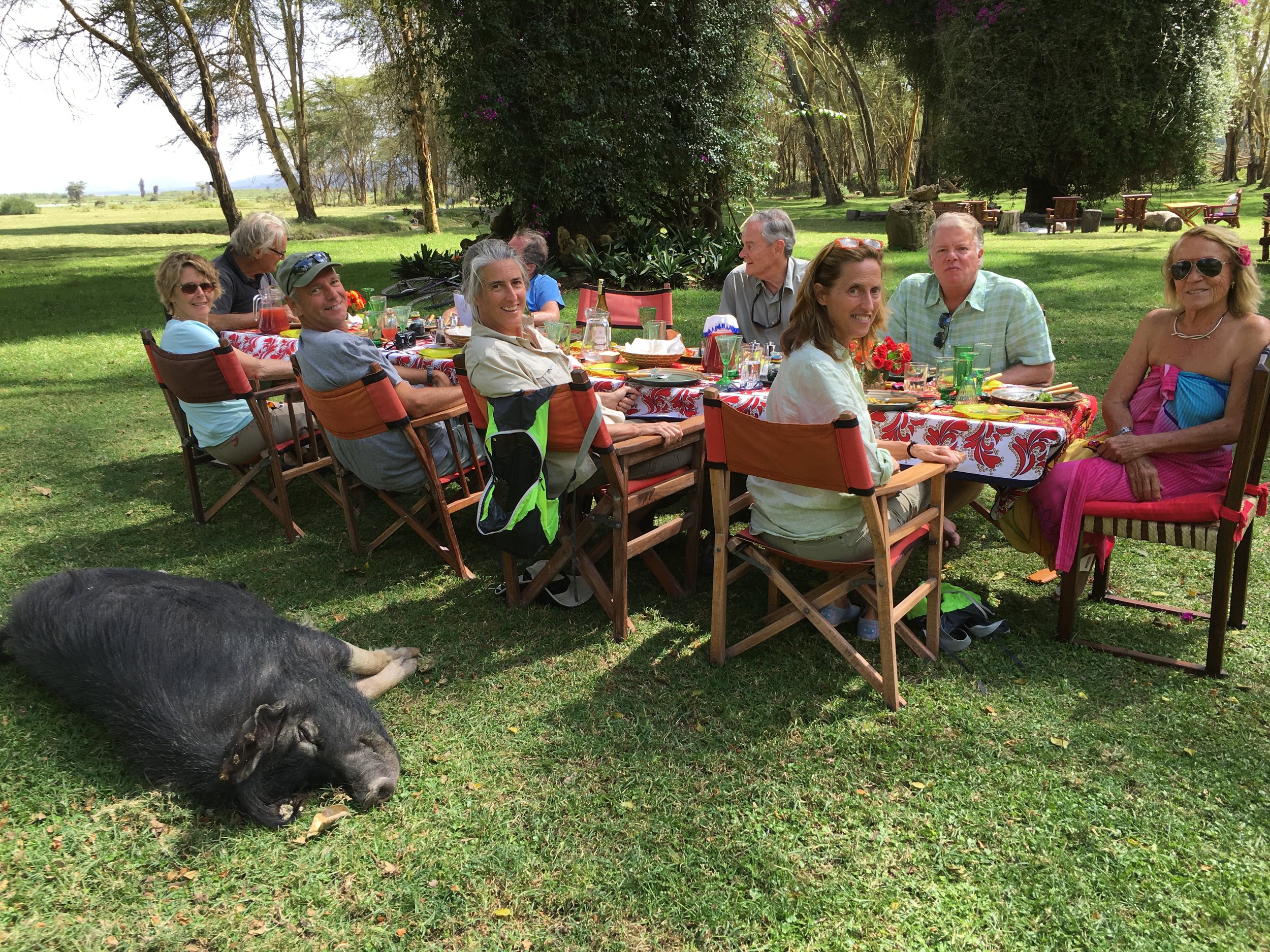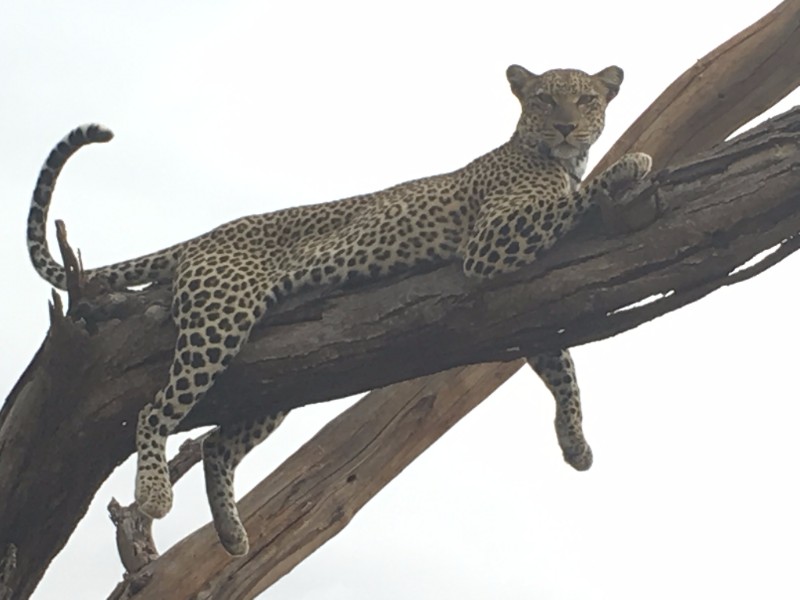The black-footed ferret is making a comeback. But we still have a long way to go!
In the last 30 years, this sweet little animal has come back from an assumed extinction to a population in the 300s. Conservationists have worked diligently to protect and support these little creatures in the Northern Great Plains region of the United States. Sadly, this fight is not over yet. The black-footed ferret is still one of the most endangered mammals in North America.
WorldWomenWork is supporting this recovery effort through the World Wildlife Fund's (WWF) Northern Great Plains Project, which focuses on ferret repopulation through engaging local ranching communities, public agencies, and tribal nations to ensure that the richness of the prairie ecosystem is sustained for future generations.
Through the WWF, WorldWomenWork specifically provides funds for identifying and establishing new ferret reintroduction sites, providing maintenance to existing ferret populations, and supporting disease prevention. Protection from the plague and ample reintroduction sites remain the largest obstacles to ferret recovery.
As you may know, I am a member of the volunteer advisory committee at WWF’s Northern Great Plains program “the Serengeti of North America”. WorldWomenWork has been supporting the efforts in this region focused primarily on local tribal women in conservation, bison rangelands, and black-footed ferret recovery. Our advisory committee has collectively created a matching gift challenge that WorldWomenWork is honored to be part of to help leverage the impact of gifts to this important work.

